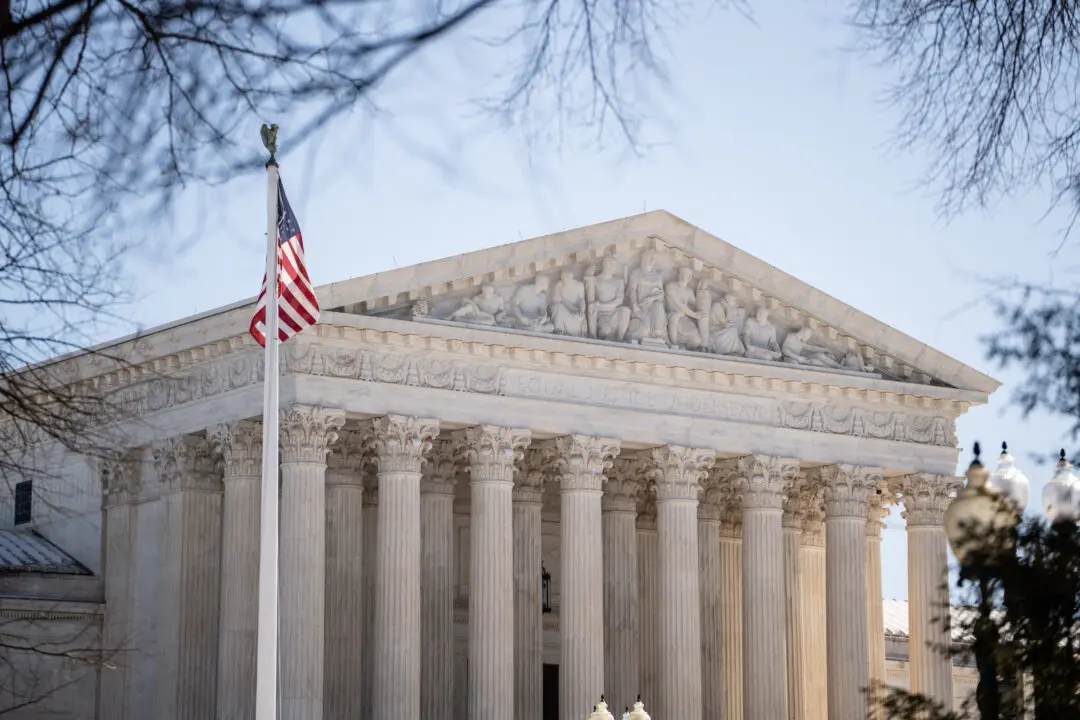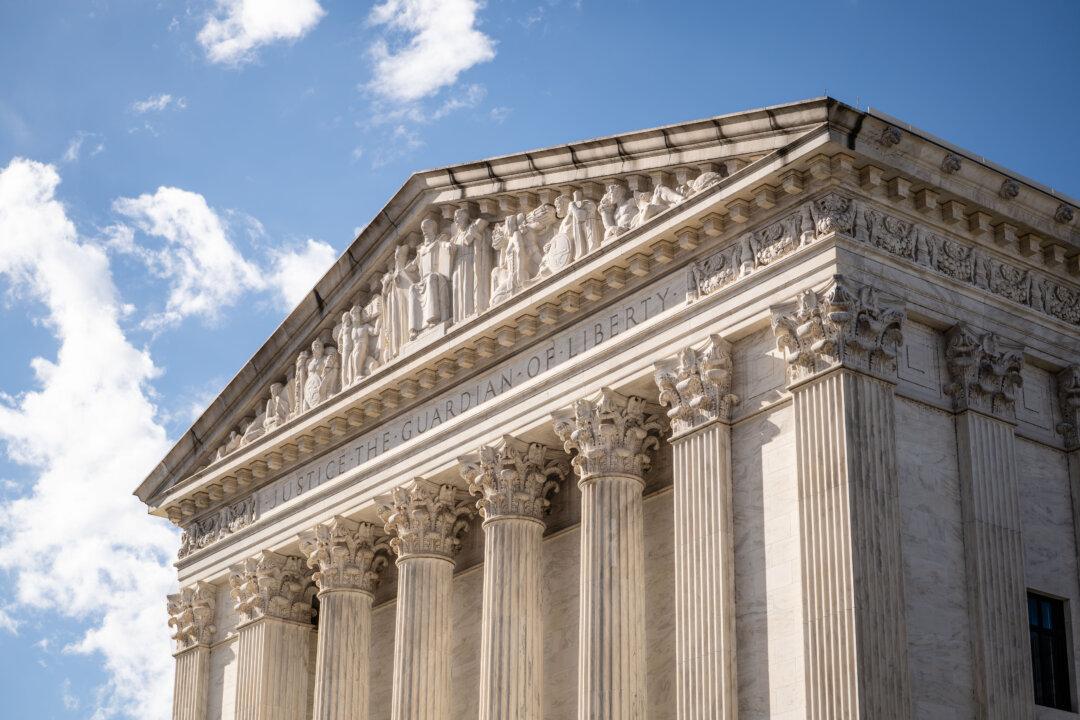The Justice Department (DOJ) has asked Judge Tanya Chutkan to reinstate her gag order on former President Donald Trump, arguing that it doesn’t violate his constitutional right to free speech.
Judge Chutkan issued a stay on Oct. 20 pending review. The initial order prompted criticism from many, including the American Civil Liberties Union (ACLU), for placing overbroad restrictions on President Trump’s speech. Both the ACLU and President Trump’s attorneys argued that the order, which states that President Trump isn’t allowed to “target” people involved in the case, was also unconstitutionally vague.





